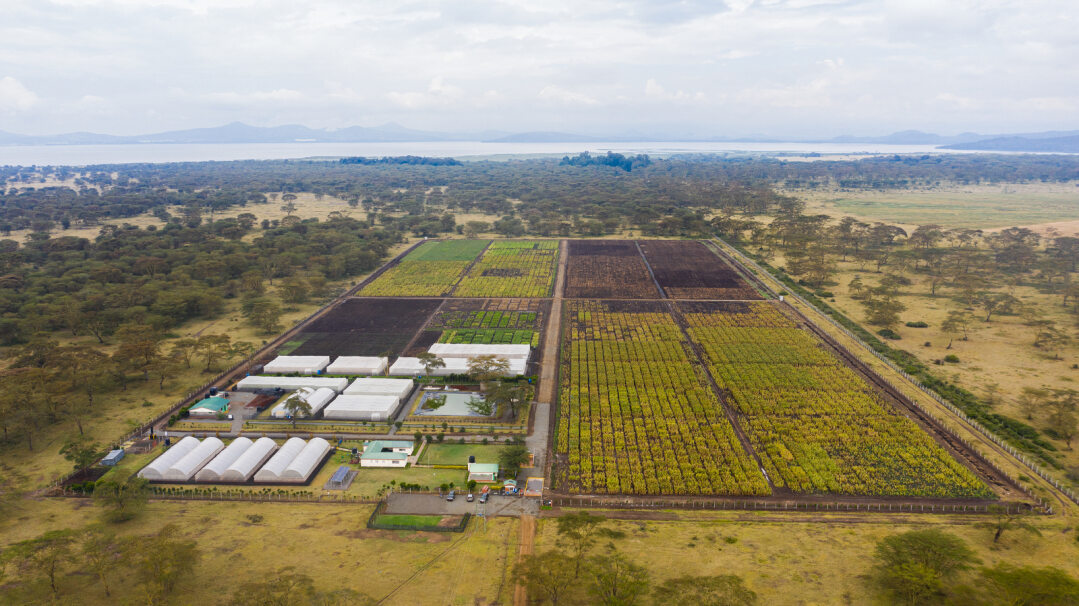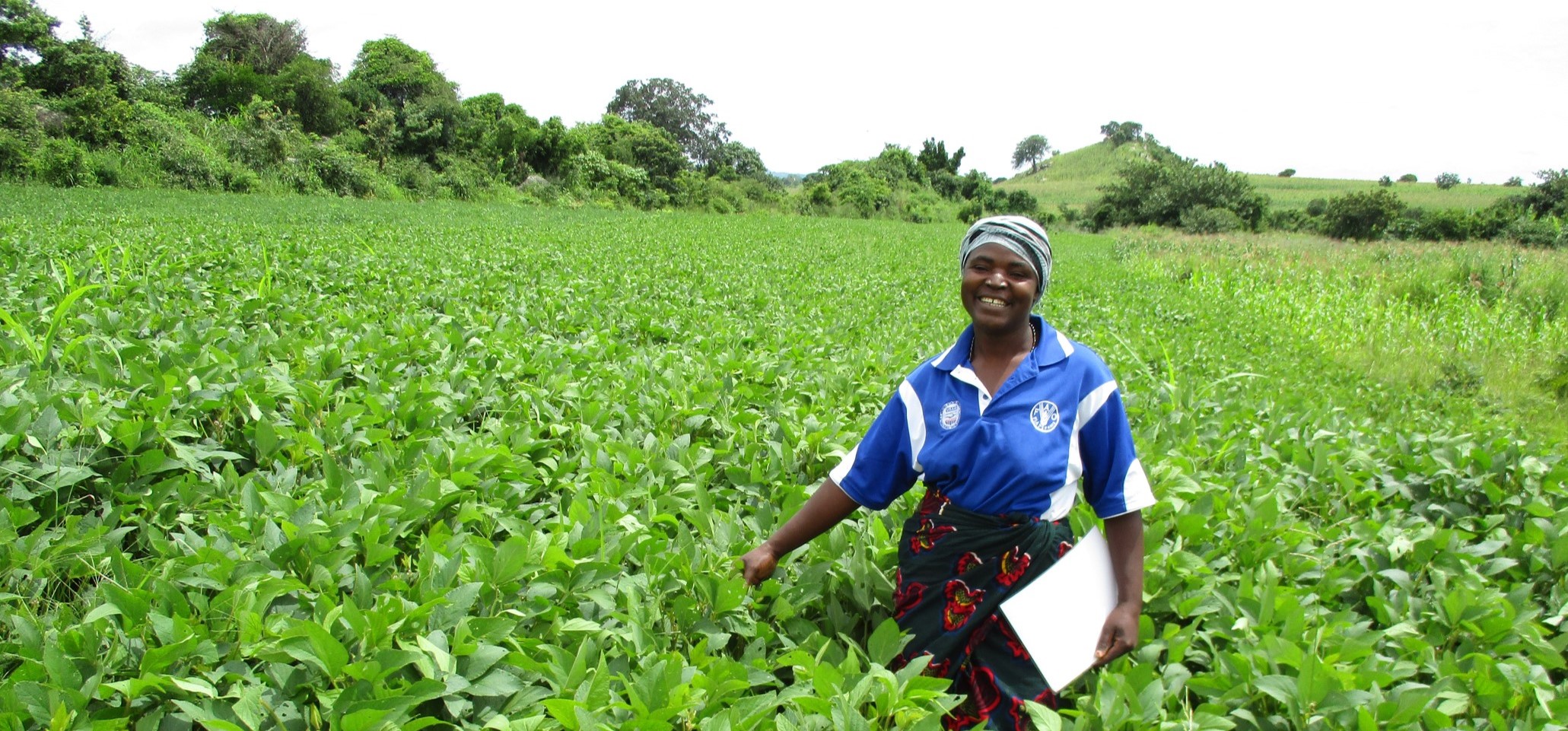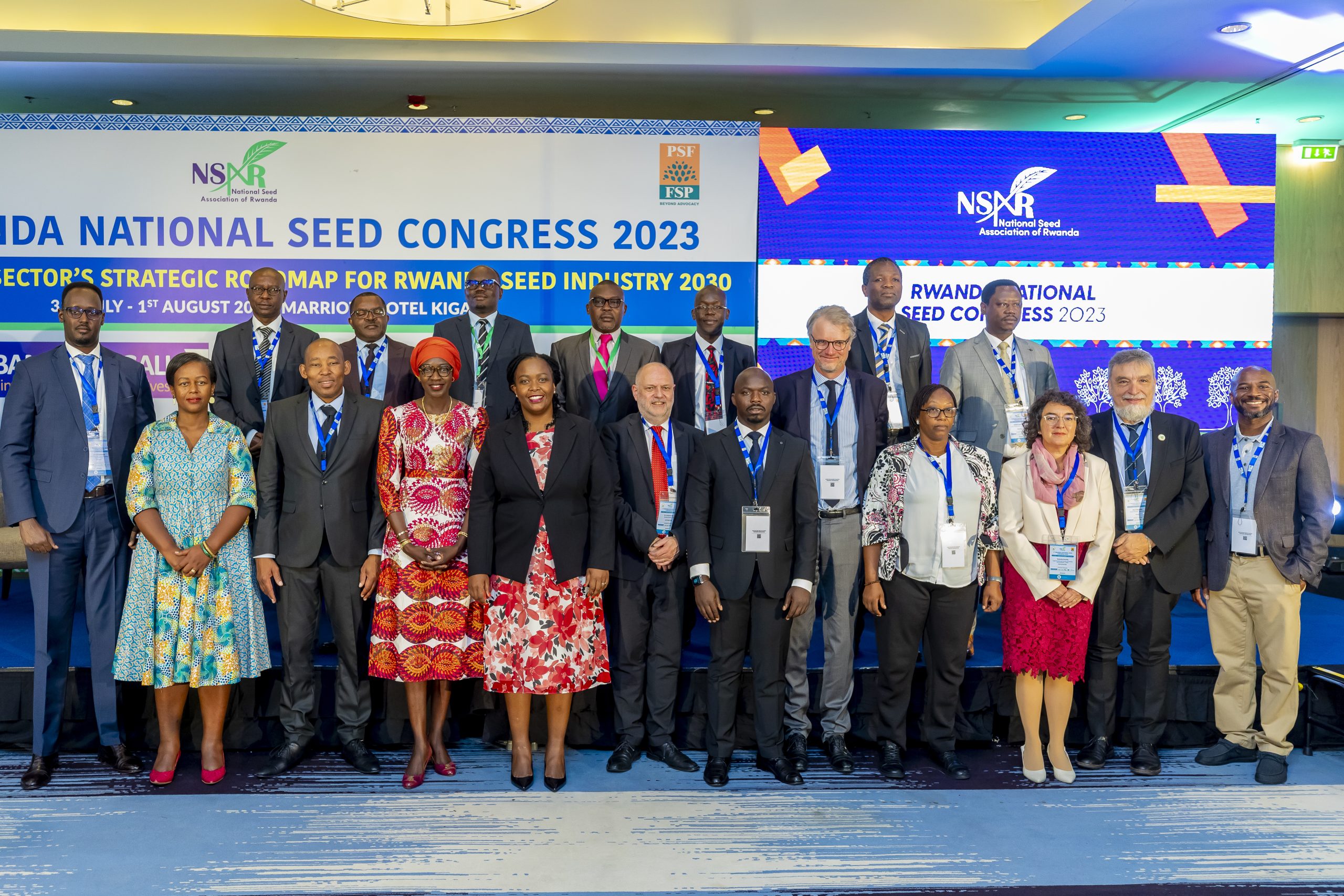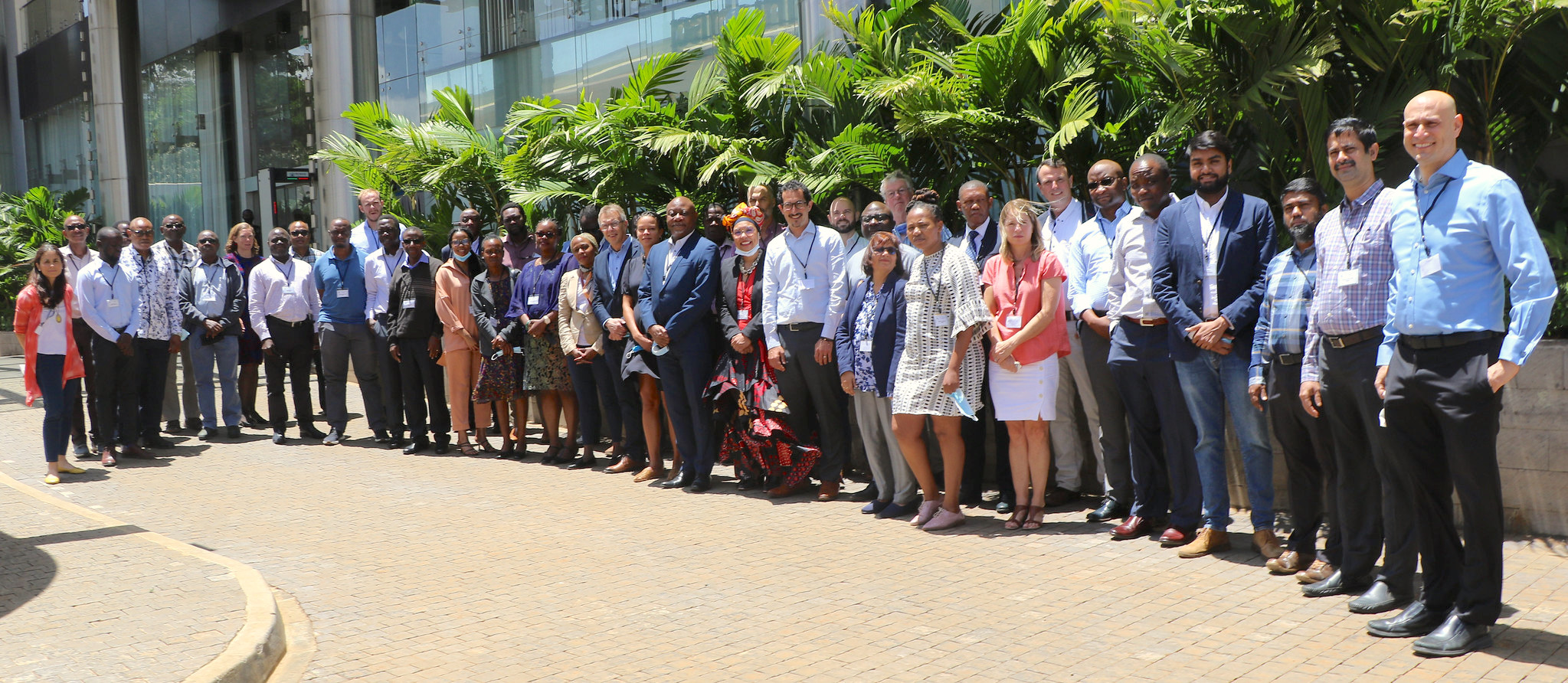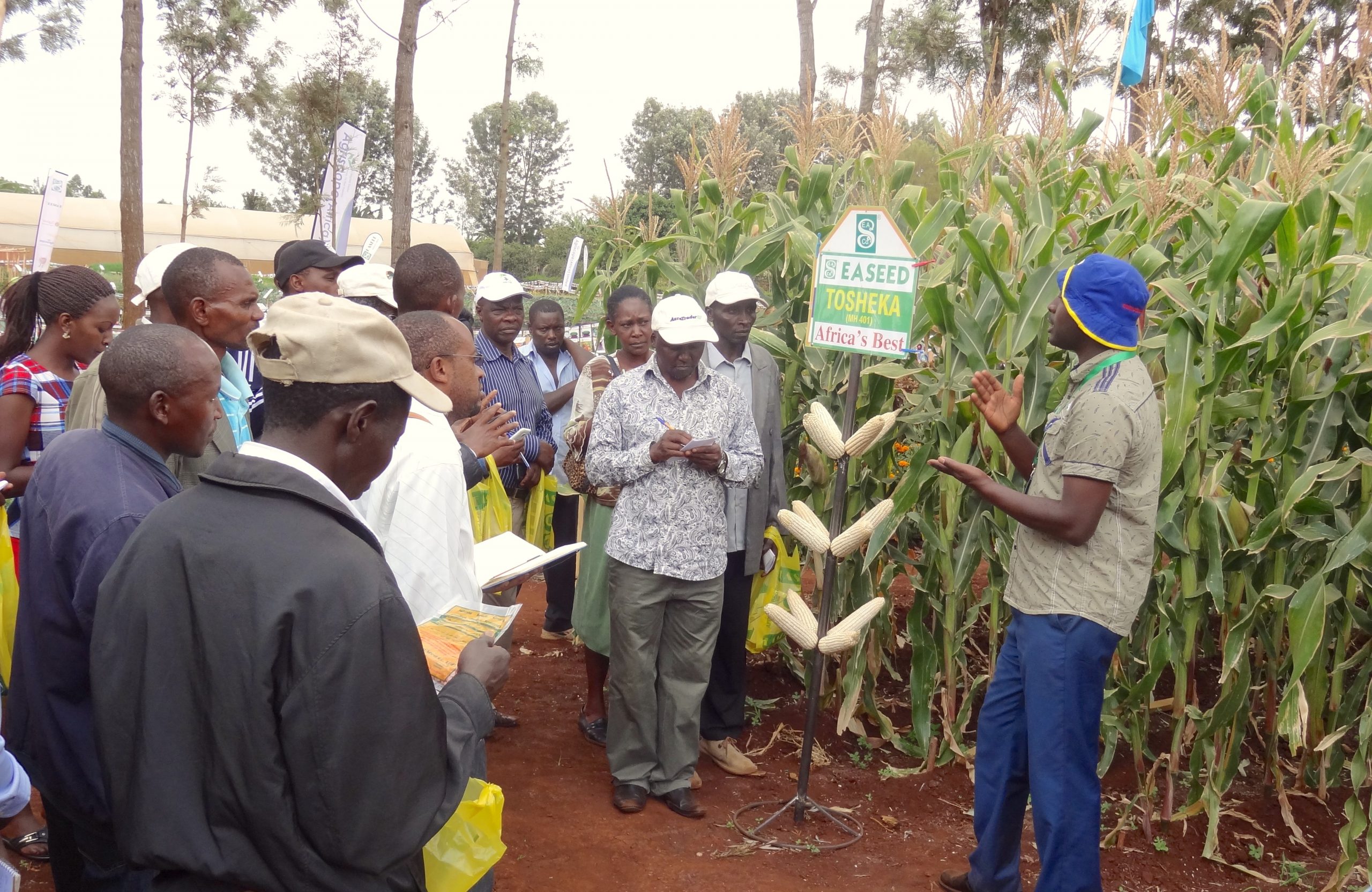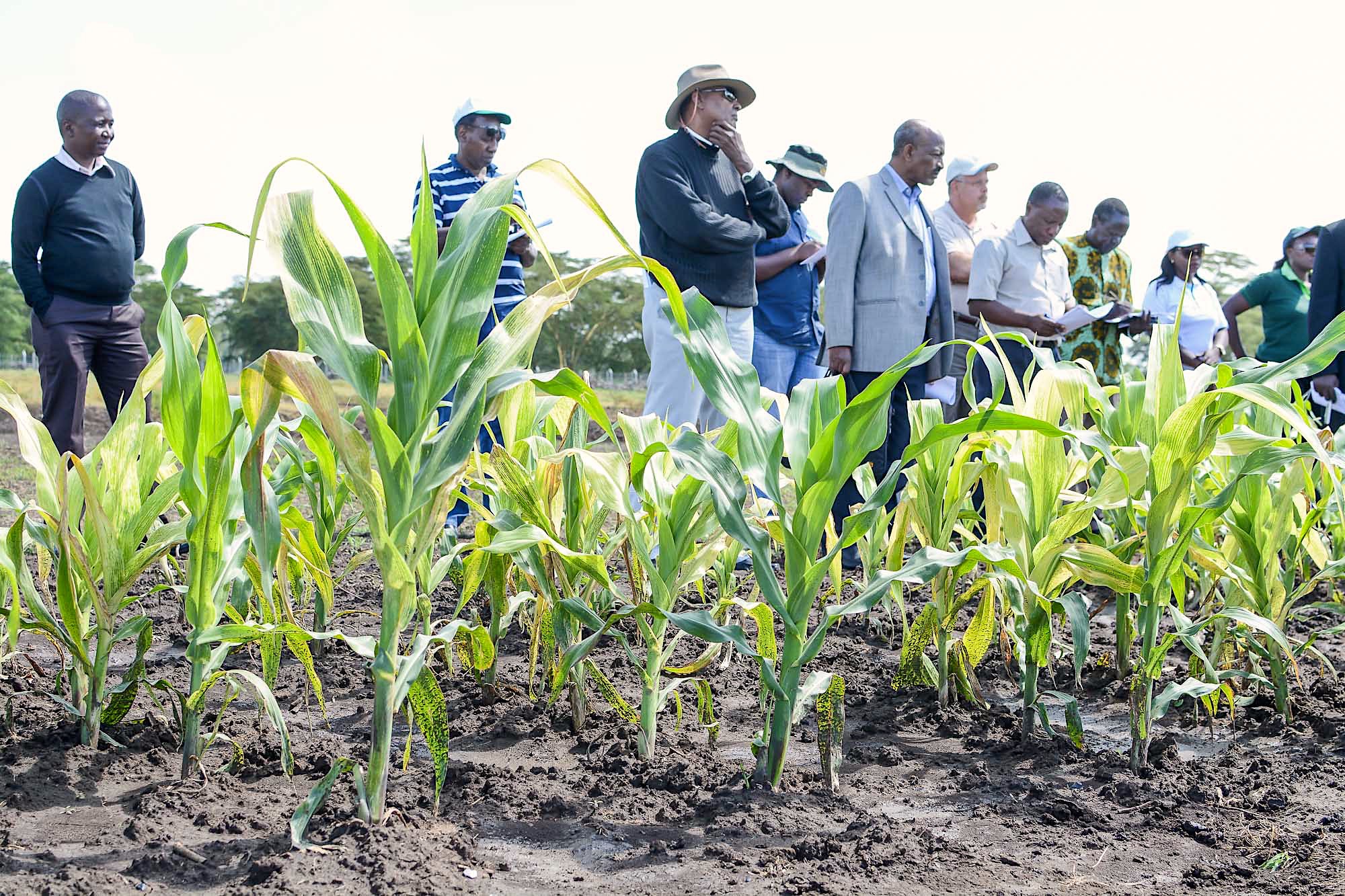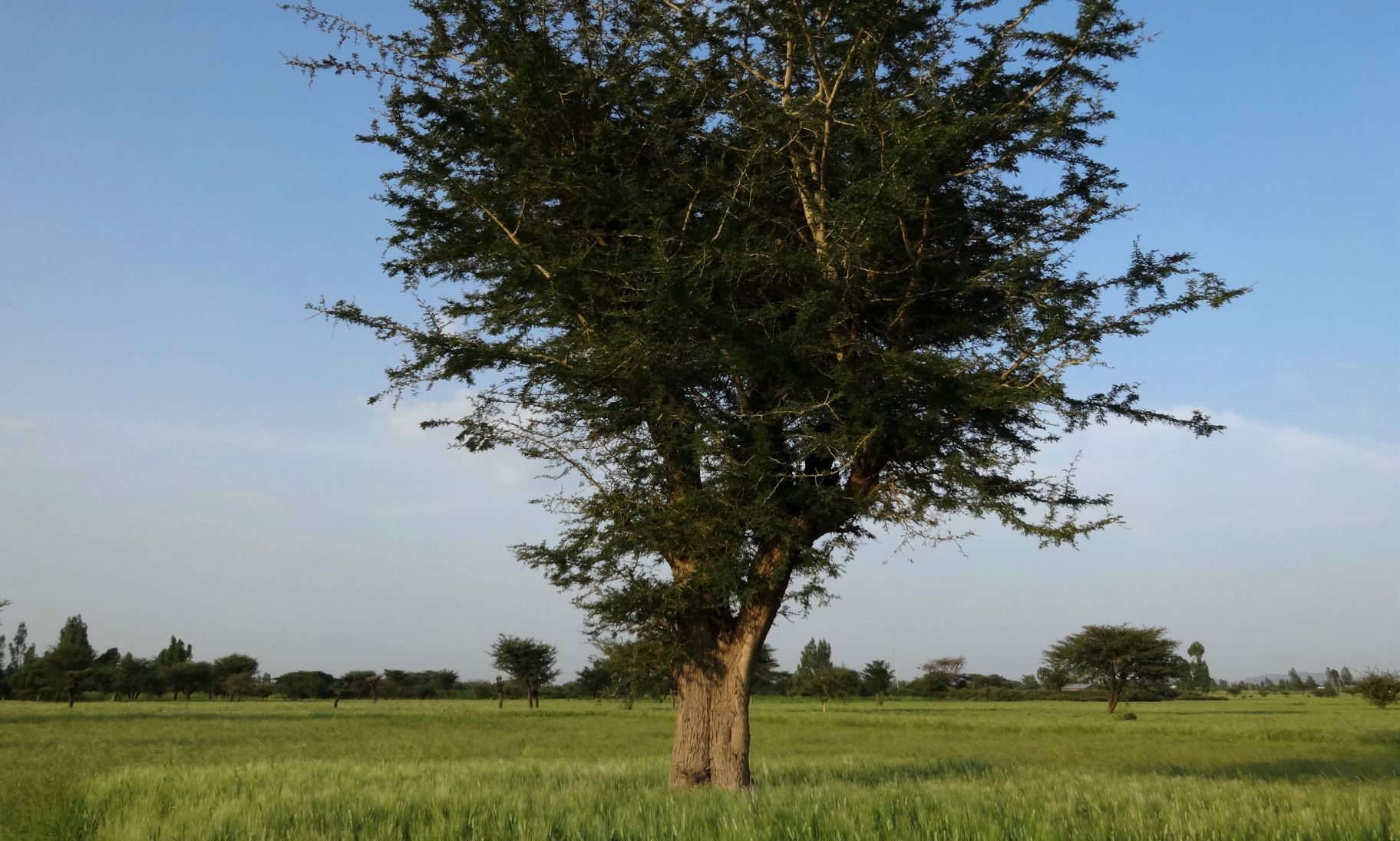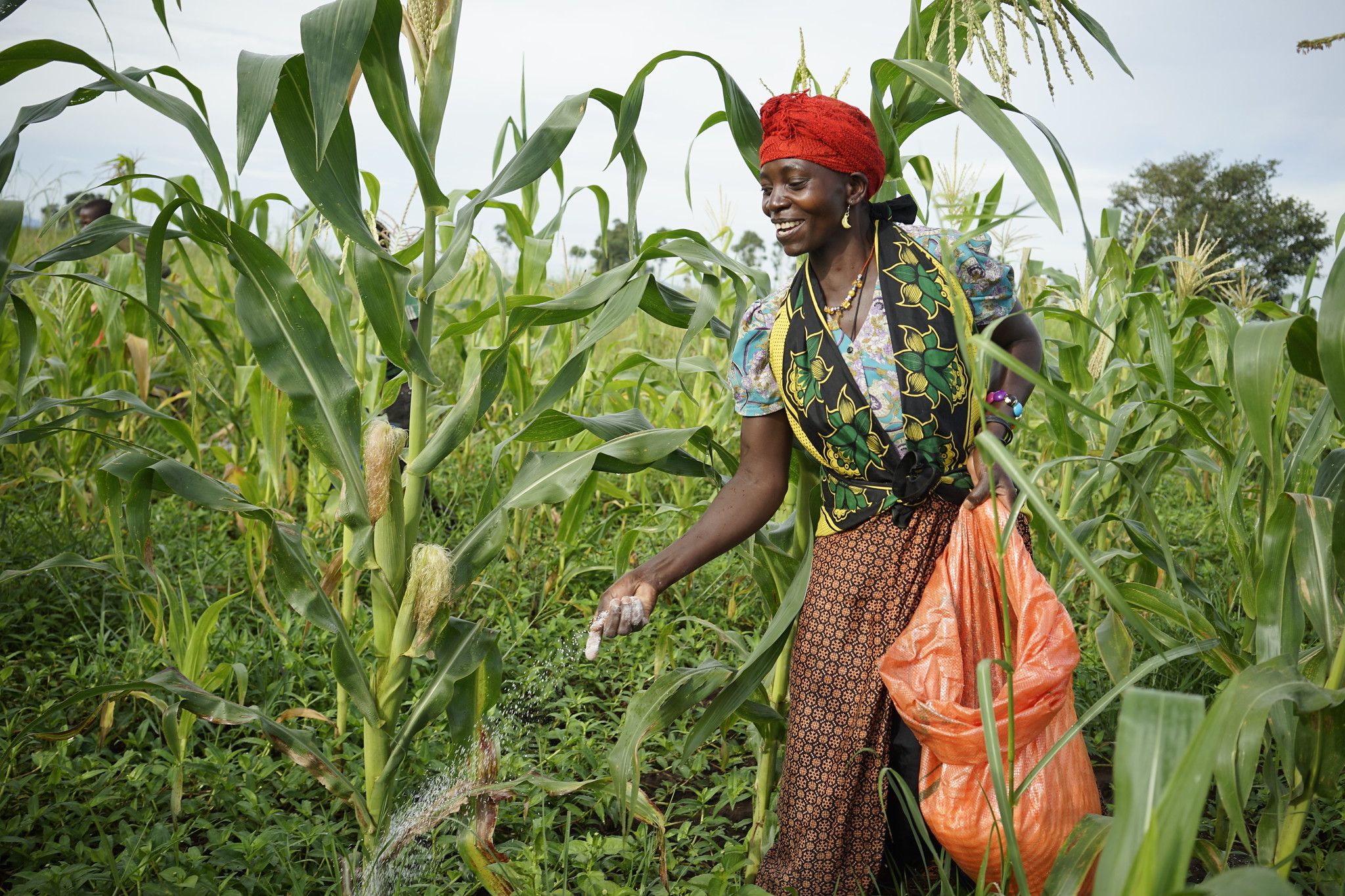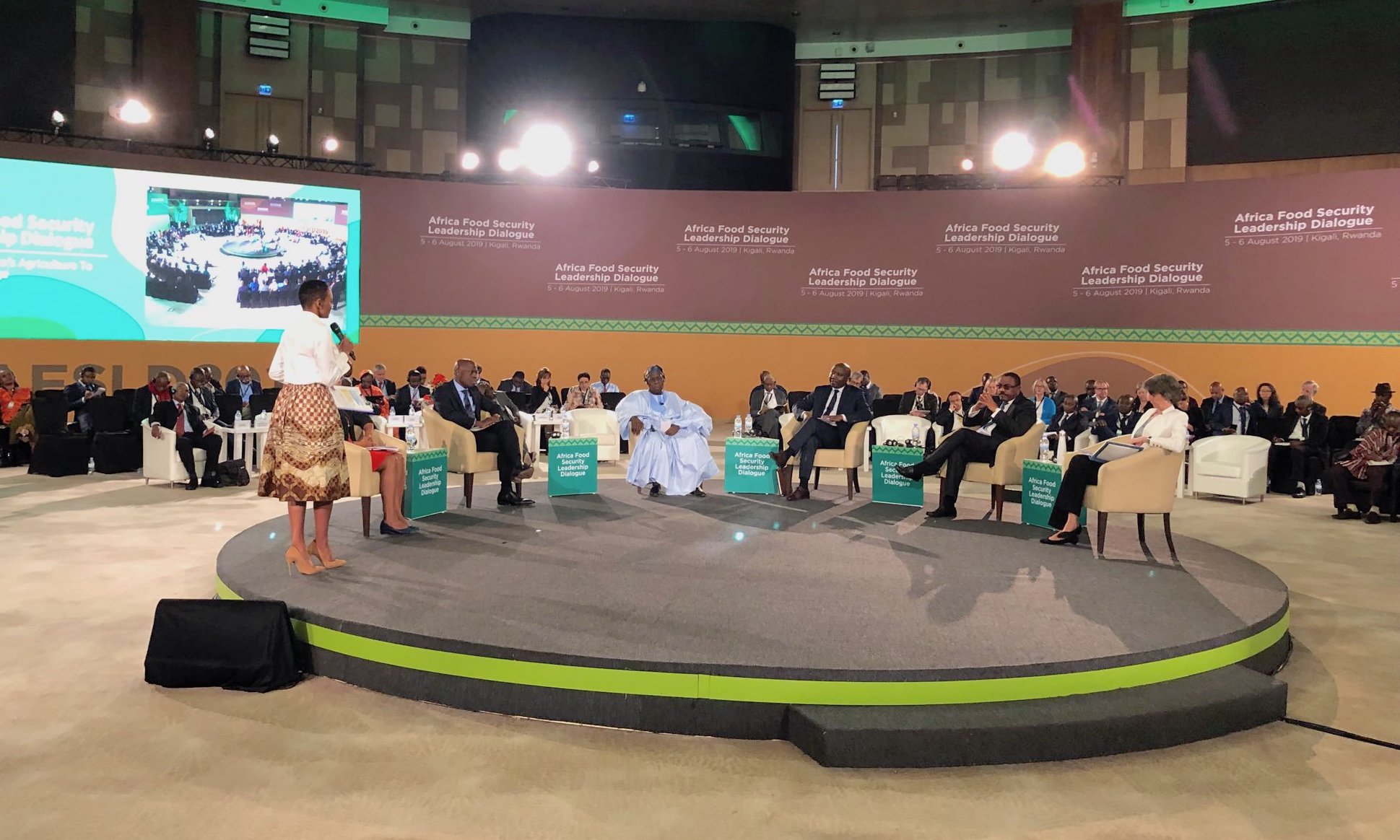Rwanda
Ten years later: CIMMYT facilities in East Africa continue to make a difference
 Climate adaptation and mitigation
Climate adaptation and mitigation
A decade of maize impact, celebrating 10 years of success with CIMMYT’s maize DH and MLN screening facilities.
CGIAR Initiative on Diversification in East and Southern Africa
 Gender equality, youth and social inclusion
Gender equality, youth and social inclusion
Steering towards success
 Environmental health and biodiversity
Environmental health and biodiversity
Inaugural Rwanda National Seed Congress paves the way for sustainable seed industry growth.
Soil scientists and stakeholders reflect on progress and impacts of CIMMYT-Rwanda partnership for soil health
 Environmental health and biodiversity
Environmental health and biodiversity
“Strong partnership” highlighted as CIMMYT and the Rwanda Agriculture and Animal Resources Development Board review progress in managing acid soil.
New CGIAR Initiative to catalyze resilient agrifood systems in eastern and southern Africa
 Climate adaptation and mitigation
Climate adaptation and mitigation
The Ukama Ustawi Initiative will help millions of vulnerable smallholders in 12 countries transition from maize-mixed systems to sustainably intensified, diversified, and de-risked agrifood systems.
Fighting the stress
 Innovations
Innovations
CIMMYT partner seed company supports smallholder farmers in sub-Saharan Africa with stress-tolerant seed against biotic and abiotic stresses.
Fast-tracked adoption of second-generation resistant maize varieties key to managing maize lethal necrosis in Africa
 Innovations
Innovations
New lines of CIMMYT-derived maize show increased resistance to maize lethal necrosis (MLN) disease. Their rapid adoption, along with sustained monitoring and prevention efforts, are crucial to preventing another outbreak, argues a new report.
Efforts in controlling maize disease boosting steady supply of certified seeds
 Environmental health and biodiversity
Environmental health and biodiversity
Source: Kenya Broadcasting Company (5 Oct 2020)
CIMMYT and partners are supporting the commercial seed sector to produce seed free from the maize cause of maize lethal necrosis.
Matching nutrients to agroforestry systems for greater maize and wheat yields
 Innovations
Innovations
Case studies from Ethiopia and Rwanda show adaptable fertilizer rates may help tree-based smallholder farmers, thus providing them with options to cope with COVID-19-imposed fertilizer shortages.
Study calls for better understanding of fertilizer prices faced by African smallholder farmers
 Innovations
Innovations
Scientists use spatial price prediction models to estimate local prices that might be more relevant than the national average.
African leaders rely on science and technology to improve food security
 Innovations
Innovations
At the Africa Food Security Leadership Dialogue in Rwanda, experts and policymakers analyzed ways to address the continent’s food security crisis in the face of climate change.
